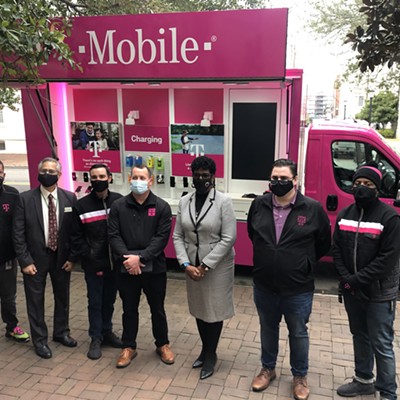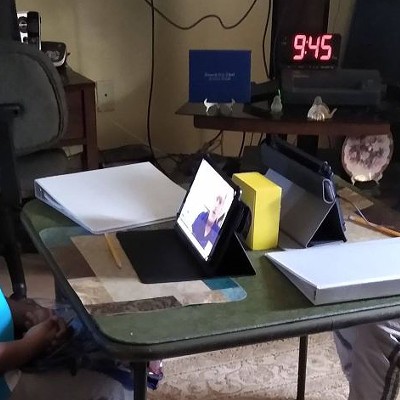Editor,
My journey into public school advocacy began during my son’s elementary school years. He attended a school where more than 70% of the student population is living in poverty. Initial observations shocked and concerned me.
Disciplinary actions seemed at best, developmentally inappropriate. According to greatschools.org, they have a suspension rate of 7%. Students with disabilities, 18%. Suspensions should be exceedingly rare at the elementary school level.
Silent lunches, lost recess, ‘walking the line’, teachers with no classrooms or supplies, and high teacher turnover are significant concerns and indicative of a systemic problem.
The inability for our voices to be recognized or considered is an alarming pattern exhibited by the Savannah-Chatham County Public School System.
When I brought my concerns to the principal, then to administration, they dismissed them. They told me the situations I observed were not happening, were necessary for control, or no one else was “complaining” and we were offered administrative transfer.
I discovered these practices are normalized within many schools across the county. A group of parents, most of whom have experienced similar obstacles formed Voices for Schools. Since 2015, we have been told there are too few of us, we don’t represent the “right demographic,” we are lying, we are to blame for the problems that persist, or we are focusing on the wrong things.
Email correspondence with board members has shown up in print media almost immediately after being sent and we have been openly criticized from the dais for bringing issues forward.
Now there are further attempts to silence us about issues on record. During the August 8 School Board Meeting, changes to district policy titled “Public Participation in Board Meetings” were proposed. The changes would allow the board to limit the number of constituents permitted to address their elected officials during the open meetings.
The discussion amongst board members highlighted the belief that the board meetings should be held to address “board business,” and time spent on constituent concerns may not meet that criteria.
Following that logic, we would need to address time spent on reports from the Superintendent, Student Senate, and Teacher Senate. Of course, we won’t do that because like constituent voices, those reports directly inform the business of the board.
Recent interest in some significant policy changes makes the timing of this change feels like a brazen attempt to stifle the voices of the community you serve.
Jenny McCord






















